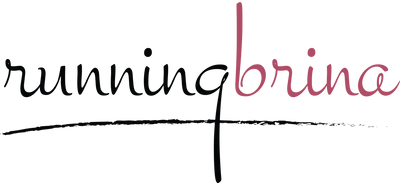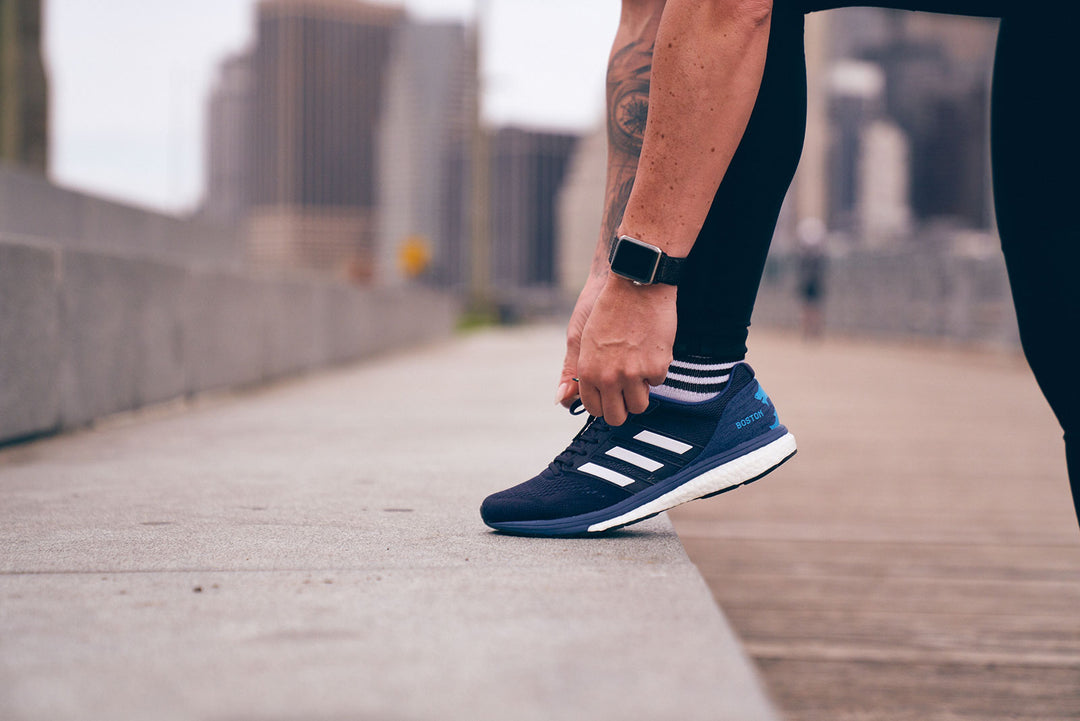The 10 Best Supplements For Runners in 2024
Last Updated:
- Most featured running blog, past 6 years
- USATF certified running coach
- Experienced endurance athlete
- 7 marathons
With so many options and recommendations out there, it’s easy to get overwhelmed with finding the best supplements for runners.
By the end of this guide, you’ll be an expert on the kinds of running supplements that will help you train for a race, endure a race, and recover just in time for the next one.
Best Supplements for Runners of 2024
- Best BCAA for runners: MusclePharm BCAAs
- Best glutamine: MusclePharm’s Glutamine
- Best probiotics: Ultimate Probiotic
- Best L-Carnitine for runners: Doctor's Best
- Best calcium for runners: Solaray
- Best fish oil for runners: Nature’s Bounty
- Best Vitamin C for runners: LivOn Labs
- Best Vitamin E for runners: Nature-Made Vitamin E
- Best magnesium for runners: LivOn Labs
- Best Vitamin D-3 for runners: Solaray
- Best caffeine for runners: Natrol
Best BCAA for runners: Musclepharm
The leaner we become, the more muscle mass we lose — and when we run, we lose a lot of muscle mass. A friend of mine put me onto branched-chain amino acids (BCAA) when I lost a lot of muscles and ended up with a calorie deficit. Even regular running training can make you end up in a calorie deficit. BCAA helps you to maintain as much muscle as possible while running.
The amino acids in a BCAA give your muscle cells extra energy and help reduce fatigue. They also stimulate muscle growth and recovery after you run, which is why BCAAs are one of the best post-workout supplements for runners.
Whether you’re on a diet or you’re training for a marathon, you are in a catabolic state, which means you’re not getting an adequate amount of nutrition. This can lead to joint and muscle pain, fatigue, and sleeplessness. Your body is breaking down fat and some muscle — basically tissue — rather than making it, and you end up losing muscle because your body is using the amino acids which have normally been utilized for protein synthesis to build more muscles as a source of energy.
You can check out my complete guide about BCAAs for runners and their benefits. I've also added another interesting study about BCAAs and their benefits if you want to dive deeper.
Best BCAA for runners: MusclePharm
Best Glutamine: Musclepharm
Glutamine is a nonessential amino acid, and its benefits for runners are easy to explain: It serves as fuel for your immune cells and it helps with maintaining cell volume and hydration.
We naturally have glutamine in our blood plasma and muscles, but due to physical stress and intense exercising, it can deplete our plasma. If our glutamine levels get too low, it must be replaced, or else we'll risk illness.
To prevent our muscles from being catabolized, an amount of 20mg is recommended. It's also worth mentioning that while glutamine is a great supplement for jogging, it does not replace proper rest and recovery.
I take my glutamine in the morning right after my workout. It works best after an exhaustive exercise.
Best glutamine for runners: MusclePharm’s Glutamine
Best Probiotics: SilverFern
Gut health can positively or negatively affect our immune system, nervous system, and hormones. Poor levels of gut flora (bacteria) can also increase inflammation in our bodies. Probiotic supplements can help improve your gut health significantly and boost your immune system.
Probiotics help balance the friendly bacteria in our digestive system, keep our heart healthy, and reduce symptoms of certain digestive disorders. It can be found in foods like yogurt, sauerkraut, tempeh, kimchi, miso, and kombucha, but you can also take a supplement, like I do, for it. I take this supplement at night before bed.
(You can read this detailed study on probiotics for more information).
Best probiotics for runners: Ultimate Probiotic from Silver Fern
Best L-Carnitine: Doctor's Best
Most people use L-carnitine to lose weight or bulk while bodybuilding. But is L-carnitine a good idea for runners?
L-carnitine helps build muscles and break down body fat for the energy-carrying molecule, ATP, at the same time. It will also transport long-chain fatty acids into the mitochondria of cells for energy, making it a great supplement for anyone naturally burning fat while they run.
As a jogging supplement, L-carnitine improves athletic performance by turning our body fat into ATP. This way, L-carnitine helps our body produce maximal oxygen consumption by creating more red blood cells.
I take 1500 mg of L-carnitine every morning on an empty stomach.
Best L-Carnitine for runners: Doctor's Best L-Carnitine Fumarate with Biosint Carnitines
Best Calcium: Solaray
Bone health is an important topic for runners, specifically for joint support. We deal with stress fractures, knee issues, and so many more injuries caused by our bones, so calcium consumption is a must for us.
As a storage system for calcium, the human skeleton needs enough calcium to prevent pulling from bone calcium stores to fulfill its metabolic purpose. If pulling occurs, it can leave your body in a negative state of calcium balance which can lead to bone loss.
I've had so many stress fractures already, and I’m convinced that they happened because I didn’t take my calcium supplementation seriously enough.
Furthermore, calcium plays key roles in muscle contraction, nerve conduction, heart health, and the secretion of various enzymes and hormones, which is why adequate calcium intake is critical for runners.
I take 1300 mg of calcium at any time of the day, and I don't experience issues with stress fractures.
Check out my complete guide on the best calcium supplement and its benefits or learn more from this study about calcium.
Best calcium for runners: Solaray Calcium Citrate 1000mg
Best Fish Oil: Nature's Bounty
Absorbing the omega-3 fatty acids from fish oil helps runners ward off the damaging effects of inflammation. Humans are not able to produce omega–3 fatty acids, which is why they must be obtained through our diet or other supplements.
For runners, the performance-enhancing effects, such as increasing muscle growth, improving strength, and physical performance are reasons enough to take advantage of fish oil.
Fish oil also reduces exercise-induced muscle damage and delayed-onset muscle soreness, making it one of the main supplements for runners, especially when it comes to recovery and endurance.
I was suffering from the negative immune effects of intensive training for a long time and fish oil has helped me a lot. I take up to three capsules at night before bed.
Best fish oil for runners: Nature’s Bounty Fish Oil
Best Vitamins C and E: LivOn
Vitamins C and E are great antioxidants that offer amazing support, especially for long-distance runners. Vitamin C gives your immune system a boost and helps fight oxidative damage that is caused by exercising and environmental toxins. It can also repair and maintain cartilage, bones, and teeth.
Vitamin E, on the other hand, supports your body to fight free radical damage caused by exercising for a long time and supports your heart and the general cardiovascular system. You can suffer from muscle weakness if you don't have enough Vitamin C. I take both vitamins at night before bed.
Best Vitamin C for runners: LivOn Laboratories Lypo-Spheric Vitamin C , Best Vitamin E for runners: Nature-Made Vitamin E
Best Magnesium: LivOn
To run a marathon, you need endurance. Magnesium is one of the most important minerals in our diet and can play a huge role when it comes to running faster, and for longer.
Magnesium assists with energy and muscle contraction promotes strong bones and muscles and is a big supporter of cardiovascular health and nerve function. It also helps our bodies relax, which is why you often see it marketed as a sleep supplement.
Unfortunately, national data shows that nearly 50% of adults in the United States do not meet the recommended daily allowance (RDA) of magnesium, which is between 400-420 mg for men, depending on age.
Taking one of these before bedtime is critical to ensure that I’m getting solid recovery sleep.
Best magnesium for runners: Nature Made Extra Strength Magnesium
Best Vitamin D3: Solaray
When most runners think about bone health, the first nutrient that usually comes to mind is calcium.
While adequate calcium intake is indeed necessary to support bone health, vitamin D is equally important, as your body needs vitamin D to absorb calcium.
Vitamin D3 is a great supplement for runners when you’re having issues with eye twitching. This happens a lot when you're stressed, poorly hydrated, or not getting enough sleep. I take 25 mcg of vitamin D3 daily and have not experienced an eye twitch ever since.
From a runner’s perspective, when you also supplement calcium on top of vitamin D, it can help you to prevent bone loss. This is beneficial for runners that experience osteoporosis.
Accordingly, deficiencies in vitamin D are linked to an increased risk of stress fractures in runners, due to low bone density.
Vitamin D3 promotes good sleep, so it's best to take it before bed.
Best Vitamin D-3 for runners: Solaray Super Bio Vitamin D-3 in Coconut Oil
Best Caffeine: Natrol
In order to provide enough energy for running, my go-to is definitely caffeine — without the milk and sugar! When I was looking for a supplement for marathon running, I tried so many pre-workouts and nothing really helped me like a cup of coffee did.
Before my workouts at night after work, I'll have a cup of black coffee. In the morning, I opt for a simple cup of green tea.
You can get your caffeine fix from a cup of coffee (blonde, medium, or dark roast) or tea (green or black). You can have caffeine at any time, but if you don't want to be up all night, you should have your last cup before 5 p.m.
Best caffeine for runners: Natrol High Caffeine Tablets
Do Runners Need To Take Supplements?
The simple answer is no. Running supplements are designed to do just what their name implies — supplement your daily intake if you’re not getting enough through your diet. It’s perfectly possible to get the required daily intake of any supplement through a diet alone.
Unfortunately, due to work, life, stress, and family, many of us are not able to eat the perfect diet all the time.
Running is very taxing on your body. Whether you’re a sprinter or a long-distance runner, it’s important to understand that to perform at your peak potential, and you need to supply your body with the proper nutrients.
Sometimes, even with a great diet, the food we eat is not enough to provide the fuel we need. Supplements or vitamins for runners help to give you that extra endurance boost you need to maximize your performance and recover more rapidly.
There are a number of pre-run supplements that runners look to in order to maintain high energy levels during a race. Supplements for endurance running provide lasting energy and also help to prevent exhaustion, cramping, muscle tension, and dehydration.
The best recovery supplements for runners help to get them back on their feet, and ready to run again after a race, or a long day of training.
Supplements for runners FAQs
What supplements make you run faster?
Performance-based supplements work best, including established supplements, like caffeine, creatine, nitrate, beta-alanine, and bicarbonate, as well as equivocal supplements, such as citrate, phosphate, and carnitine.
Is protein powder good for runners?
Protein powder is good for runners because it aids in tissue repair, exercise recovery, and injury prevention. I personally stopped taking it because it made me bloat over time, but if you're looking for a good recommendation, I used to take the Gold Standard 100% Whey Protein.
Is it good to drink protein shakes after running?
Protein shakes are definitely one of the best jogging supplements and one of the simplest. You can easily mix it into your morning shake. Nutritionists are convinced, though, that no shake will ever replace a real meal, so make sure you eat after your run. But if you're looking for a pre-run drink, a protein shake is always a good idea.
What are the best recovery supplements for runners?
You need to recover quickly when you're marathon training, so I want to share my top three recovery supplements for runners (they've also highlighted above in more detail):
- Branched Chain Amino Acids (BCAAs): Should runners drink BCAA? Yes! BCAAs serve as an effective recovery agent, helping to reduce post-exercise muscle soreness and the recovery time needed between workouts. More about BCAAs for runners.
- Fish Oil and DHA: Two essential fatty acids found in fish oil have anti-inflammatory properties that help reduce muscle soreness after exercise. Fish Oil is a must-have supplement in your kitchen for faster recovery as an athlete.
- L-Carnitine: While exercising L-carnitine decreases the accumulation of ammonia and increases blood flow after your workout L-carnitine can help optimize the post-workout tissue repair process. It’s basically reducing your soreness which can be super helpful when your training schedule is busy. This is my favorite L-carnitine supplement.
Make sure to also check out my article about energy supplements for runners to find out how to maximize your energy with the correct supplementation.
What are the best supplements to take for long-distance running?
Leading up to marathons, I always make sure to take my marathon supplements strictly every night. My go-to marathon supplements are a slightly higher dose of calcium and magnesium than what I recommended above. You can also add beet juice supplements and zinc, as well as fish oils, protein for runners, and different vitamins like C, D, and E to your diet.
Check out this link for the best marathon supplements.
What vitamins should female athletes take?
As a female runner, there are certain supplements for women that you should take into consideration. Those can include:
- Fish oil/Omega-3 fatty acid (600 mg)
- Iron
- Ormus Greens
- Vitamin D (1000 IU)
- Calcium (600 mg)
- Magnesium (400 mg)
- Multivitamin: Make sure there are 12 essential vitamins and minerals like vitamins B, C, E, and zinc and always look for 100 percent daily value.
- A great pre-workout for women is this product.
What supplements are most important for runners?
Supplements for runners support your recovery, provide you with more energy when needed, and will give your body some extra nutrients to help you recover quicker and get more out of your training.
There are no magic pills out there that will magically make you Usain Bolt; only you are the master of your training and performance.










